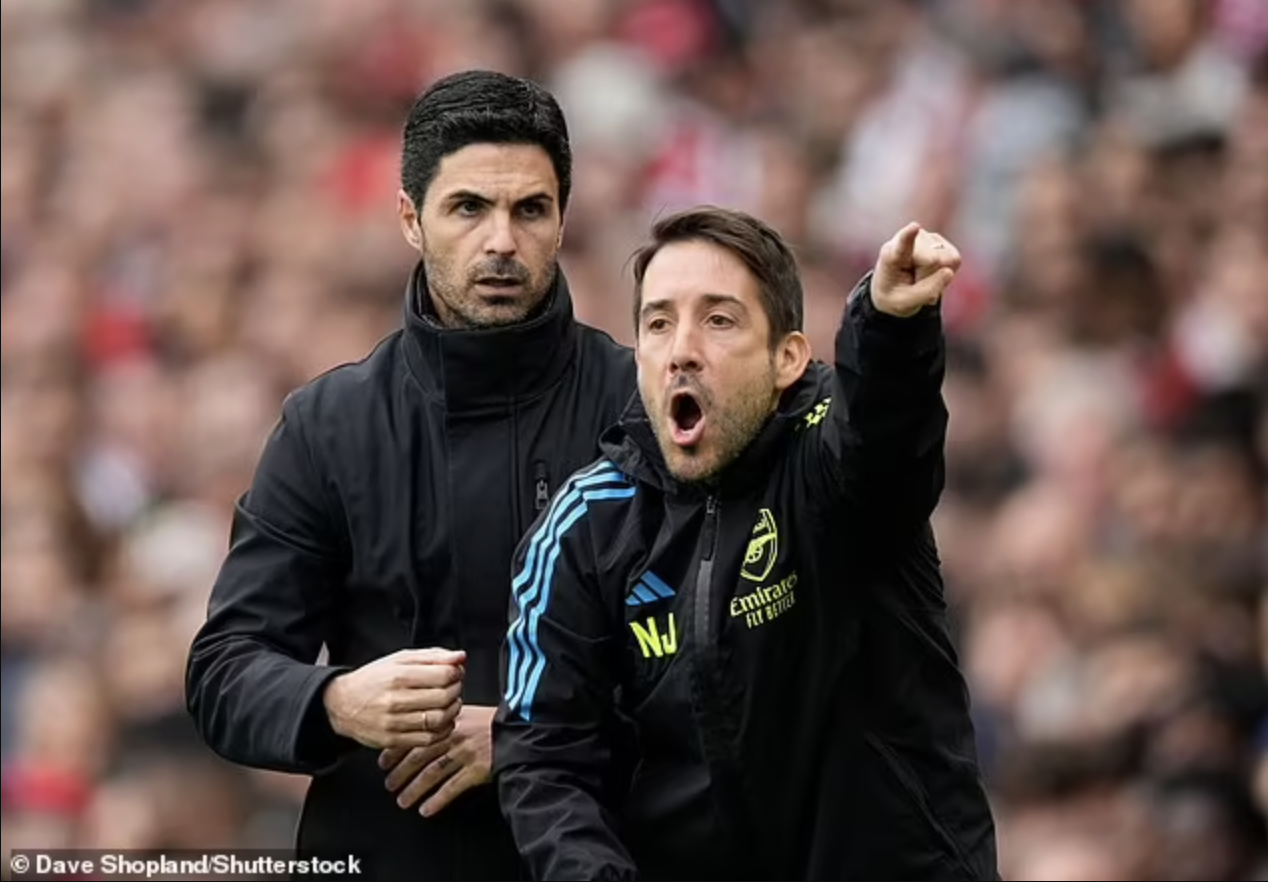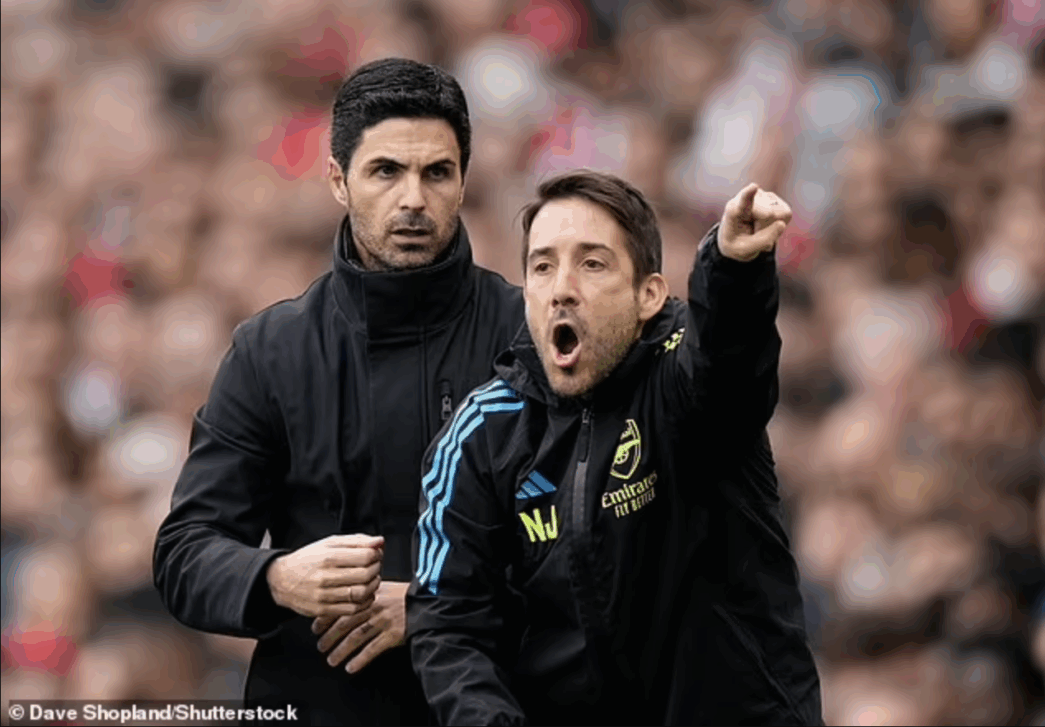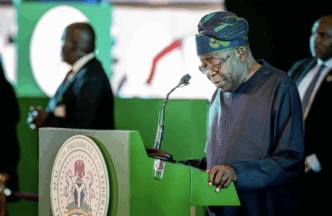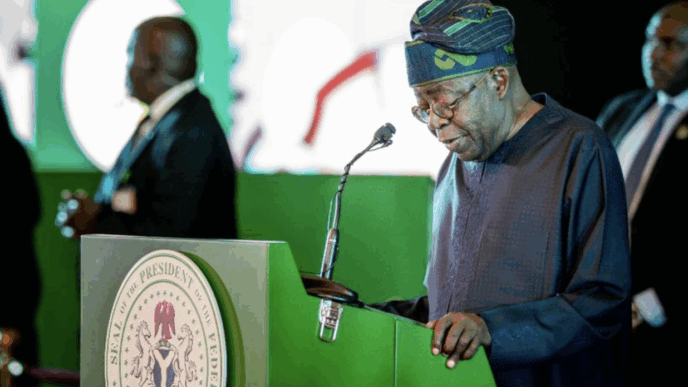Arsenal's set-piece coach Nicolas Jover (right, with Mikel Arteta)
When Declan Rice stood over a free kick against Real Madrid in the Champions League last season, few expected what came next — a searing drive that stunned the Spanish giants and sealed Arsenal’s reputation as masters of the dead ball.
But behind that moment, and countless others, stands the quiet architect of Arsenal’s set-piece revolution: Nicolas Jover, the French-born coach whose tactical wizardry has turned corners and free kicks into weapons of mass destruction.
Since joining Arsenal in 2021 from Manchester City, Jover has transformed Mikel Arteta’s side into a team feared not only for their fluid football but also for their ruthless precision from set pieces. What was once an overlooked detail in Arsenal’s game plan has become a cornerstone of their success.
Last season, the Gunners scored 26 set-piece goals (excluding penalties) — 16 from corners — matching a Premier League record. From Gabriel Magalhães’s towering headers to William Saliba’s darting runs, and now Declan Rice’s pinpoint deliveries, Arsenal have evolved into a team that turns routine dead balls into decisive moments.
Advertisement
Ahead of Arsenal’s clash with Crystal Palace on Sunday, Mikel Arteta offered rare insight into his decade-long commitment to mastering the dead ball.
During his pre-match press conference at London Colney, the Arsenal boss explained that his work on set pieces began “ten years ago” — while he was still playing what would be his final season for Arsenal and simultaneously earning his coaching badges.
“I started focusing on set pieces ten years ago,” Arteta said. “Because I don’t see football like open play and set pieces — I see the game in a different way.”
Advertisement
That long-term focus is now bearing fruit. This season, 10 of Arsenal’s 25 goals in all competitions have come from set pieces — a testament to a philosophy Arteta and Jover have refined together.
Asked whether he was concerned that Arsenal have scored just five goals from open play this season, Arteta was quick to dismiss the notion.
“No, not at all,” he said. “I don’t see football like open play and set pieces. I see the game in a different way.
With work — first of all, creating the culture, giving that part of the game the importance that it has. Understanding that football is evolving and we have to maximise things that happen very frequently. That’s what gives us value and effectiveness.”
Advertisement
That philosophy — where no moment is wasted and every ball is a potential goal — is the bedrock of Jover’s methods: a blend of repetition, precision, and psychology that makes every corner, throw-in, and free kick a calculated threat.
A former sports scientist turned coach, Jover honed his craft in France before joining Pep Guardiola’s Manchester City, where he first crossed paths with Arteta. When Arteta took charge of Arsenal in 2019, bringing Jover on board became a key part of his long-term vision.
“In his field, and as a person — he’s the best,” Arteta once said of Jover. “He and the rest of the staff have injected belief into the players that there are many ways to win football matches. This is a really powerful one.”
Those close to the Arsenal camp recall that the team’s now-famous set-piece routines took a quantum leap after their mid-season trip to Dubai last year. During that camp, Jover and Arteta fine-tuned new attacking patterns, appointed Declan Rice as the team’s primary free-kick specialist, and drilled players relentlessly on timing and movement.
Advertisement
The results were immediate. In Europe, Rice’s stunning strike against Real Madrid and Gabriel’s header versus Sporting CP both came straight from Jover’s playbook. Since his arrival, Arsenal have scored 42 goals from set pieces, a staggering figure that underscores their dominance in an area most teams still treat as an afterthought.
Jover’s intensity has not gone unnoticed. His fiery post-match confrontation with Kyle Walker and Erling Haaland at the Etihad last season — after previously refusing handshakes in defeat — revealed his fierce competitiveness.
Advertisement
“He’s passionate, relentless, and obsessed with detail,” said one Arsenal insider. “He wants every run, every block, every decoy perfect. Nothing escapes him.”
That obsession has changed how Arsenal view the game. Defenders and midfielders now approach every corner or free kick with a striker’s mindset, knowing a single delivery can tilt a match. Opponents, meanwhile, dread Arsenal’s corners almost as much as their counterattacks.
Advertisement
Arteta also credits Arsenal’s defensive organisation as integral to their success. With just three goals conceded in eight Premier League games, Arsenal are on course to equal or even surpass Chelsea’s historic 2004/05 record of 15 goals conceded across a season.
“The best defence often wins the league,” Arteta said, noting that his players haven’t conceded in over 400 minutes of Premier League football — a streak they’ll aim to extend past 500 when they host Crystal Palace on Sunday.
Advertisement
For Jover, success lies not only in choreography but in culture. He has convinced players that set pieces aren’t auxiliary — they’re fundamental.
And in that sense, Arsenal’s evolution under Arteta mirrors football’s own: a modern game where marginal gains and technical detail separate contenders from champions.
Set pieces are no longer Plan B at Arsenal.
They are Plan A, Version 2.0 — a fusion of science, structure, and style.
As the Gunners continue their charge in both the Premier League and Europe, one truth stands out: whether it’s a Rice rocket, a Gabriel header, or a Saka whip, Nicolas Jover’s fingerprints are all over Arsenal’s rise.
In an era obsessed with possession and pressing, Arsenal — under Jover’s spell — have rediscovered the beauty and the brutality of the dead ball.
Views expressed by contributors are strictly personal and not of TheCable.





